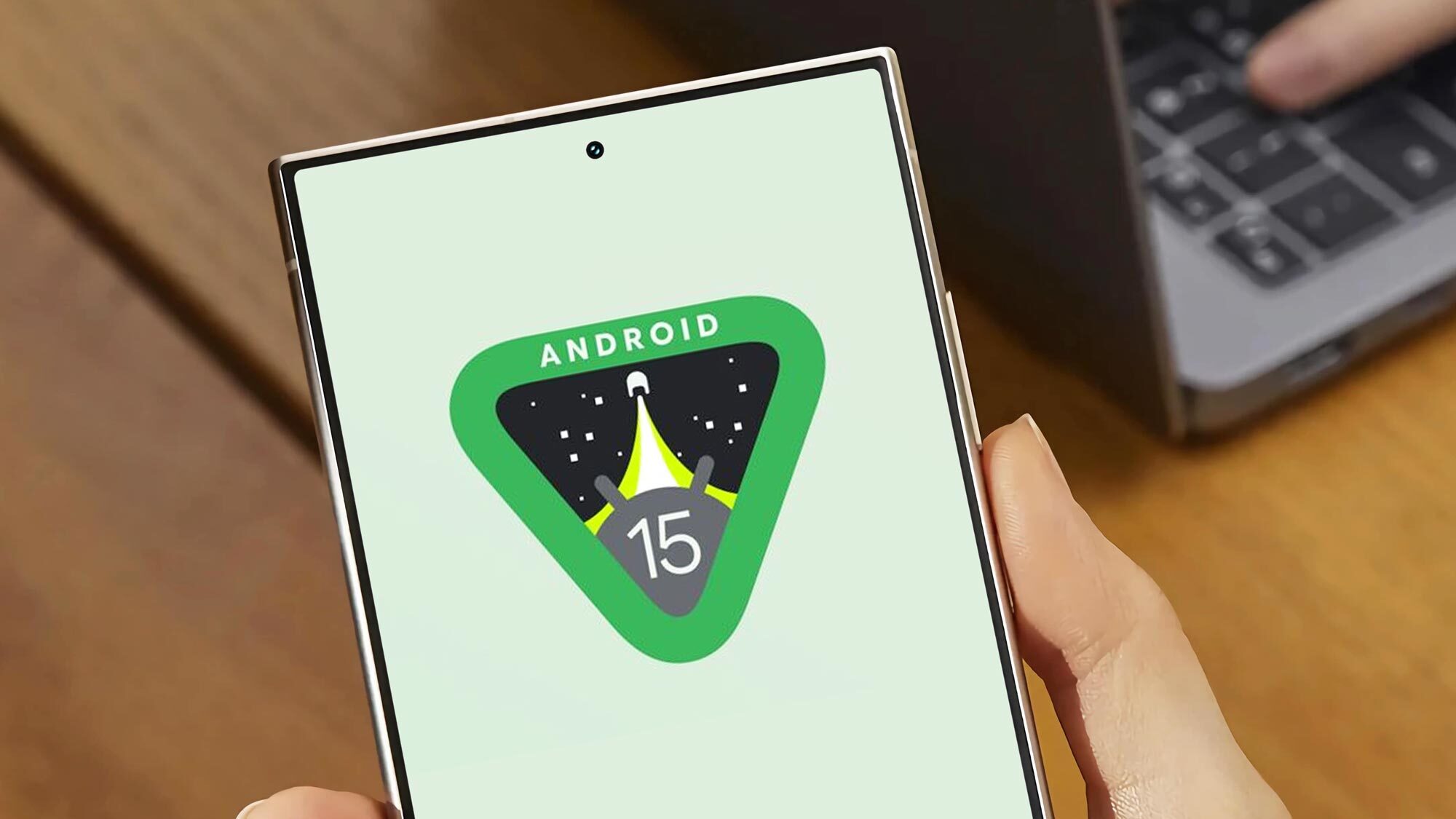Google AR glasses could have a clear advantage — here’s why
Google's latest acquisition could give its AR glasses a welcome boost

We’ve already heard rumors about Google’s upcoming AR headset, but a new acquisition could give it an advantage over the many other augmented reality devices coming our way.
Google hardware boss Rick Osterloh has confirmed the company has acquired Raxium, a five-year old startup specializing in Micro LED technology. The company claims that its display tech is five times more efficient than the current record holder. If true, that could prove to be a huge boon for augmented reality devices.
The Information first reported news of the acquisition last month, noting the usefulness of Micro LED tech in AR displays. The theory is that the tech can be used to boost energy efficiency, while still offering colorful images.
Lower energy requirements should theoretically mean better battery life, or at the very least the ability to get more juice out of a smaller power pack. Smaller batteries mean less weight, which plays a big role in how comfortable a head- or face-centric device is.
Raxium is also said to be working on “monolithic integration,” which would see Micro LED displays manufactured out of silicon used in ordinary processors. That has the potential to help lower the price of the device, something that’s always a problem with emerging technologies such as this.
We don’t know a great deal about Google’s incoming AR headset, which is reportedly codenamed ‘Project Iris’. A report from The Verge makes it sound like pretty much any AR device, with cameras capturing the surrounding area and combining it with virtual imagery. The headset is also said to have a custom Google processor and may run on a version of Android.
The New York Times also reported that Google was making AR Glasses, set to launch around 2024, but didn’t specify any other details.
Sign up to get the BEST of Tom's Guide direct to your inbox.
Get instant access to breaking news, the hottest reviews, great deals and helpful tips.
AR Glasses are the holy grail of AR technology, with pretty much all the major tech players either developing them or rumored to be doing so soon.
The list includes Apple Glasses and Meta AR glasses, while Amazon is also said to be working on an AR device. But to succeed, all will need to find the right balance between design and functionality, creating something that is both useful and comfortable to wear for long periods — not to mention affordable.
That’s going to require high-quality, cost-effective displays with a minimum level of energy efficiency. From the sounds of things, Raxium is well on its way to doing exactly that, potentially giving Google’s AR specs an advantage over the competition.
We don't expect to hear anything about Google's AR plans at Google I/O 2022 next week, but should at least learn about the Google Pixel 6a, Google Pixel Watch and possibly the Google Pixel Buds Pro, as well as Android 13 of course.
Read next: Google begins testing new AR smart glasses — now with less Glassholes.

Tom is the Tom's Guide's UK Phones Editor, tackling the latest smartphone news and vocally expressing his opinions about upcoming features or changes. It's long way from his days as editor of Gizmodo UK, when pretty much everything was on the table. He’s usually found trying to squeeze another giant Lego set onto the shelf, draining very large cups of coffee, or complaining about how terrible his Smart TV is.
